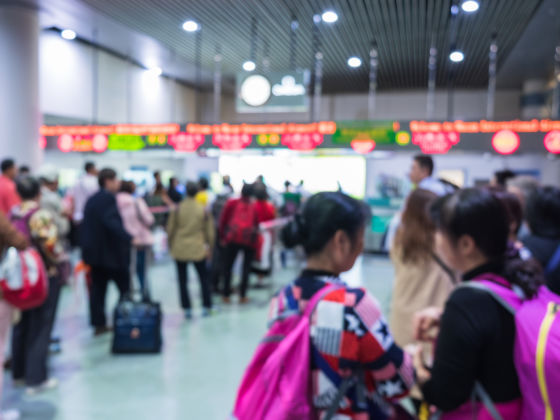When passing through Chinese security, you shouldn’t be worried about them taking your stuff away from you but rather adding to your belongings in a way you probably don’t want. According to an investigative report by The Guardian, in partnership with Süddeutsche Zeitung and The New York Times, border police in China’s Xinjiang region have been secretly installing apps on visitors’ phones designed to download their personal information.

Chinese Border Guards Are Secretly Installing a Surveillance App on People's Phones
More specifically, they are targeting Muslim travelers attempting to enter the region from Kyrgyzstan. Their phones are being taken by border guards, who secretly install an app that extracts emails, texts, and contacts. Travelers are not notified in advance or given any information about the software. Analysis of the app, however, has found that it searches Android phones for information that meets certain criteria. This includes anything related to Islamist extremism, weapons and operation manuals, and fasting during Ramadan, in addition to literature by the Dalai Lama and music by a Japanese metal band called Unholy Grave.
There are several points of entry at the Kyrgyzstan crossing, and at once, travelers must unlock and give border agents their phones and cameras. The devices are brought to a separate room and returned later. iPhones are plugged into a reader that scans them while Android phones are fitted with the app. Usually, the app is uninstalled before the phone is returned, though some people have reported that it was still there after being returned.
One traveler told The Guardian of his experience having the app downloaded on his phone. “We thought it was a GPS tracker,” he said. “There was another checkpoint about two hours away and I was thinking that maybe they had downloaded things and they would have all of their analysts going through it all while we were traveling, and then maybe they [would] send people back when they got to the next place.”
The Chinese government has also been increasing surveillance on Muslims and restricting freedoms, like installing facial recognition cameras on streets and in mosques. In the past, it’s defended its surveillance of citizens in Xinjiang, saying it has improved security in the region.
Unsurprisingly, the Chinese authorities did not reply when The Guardian contacted them for comment.
H/T: The Guardian